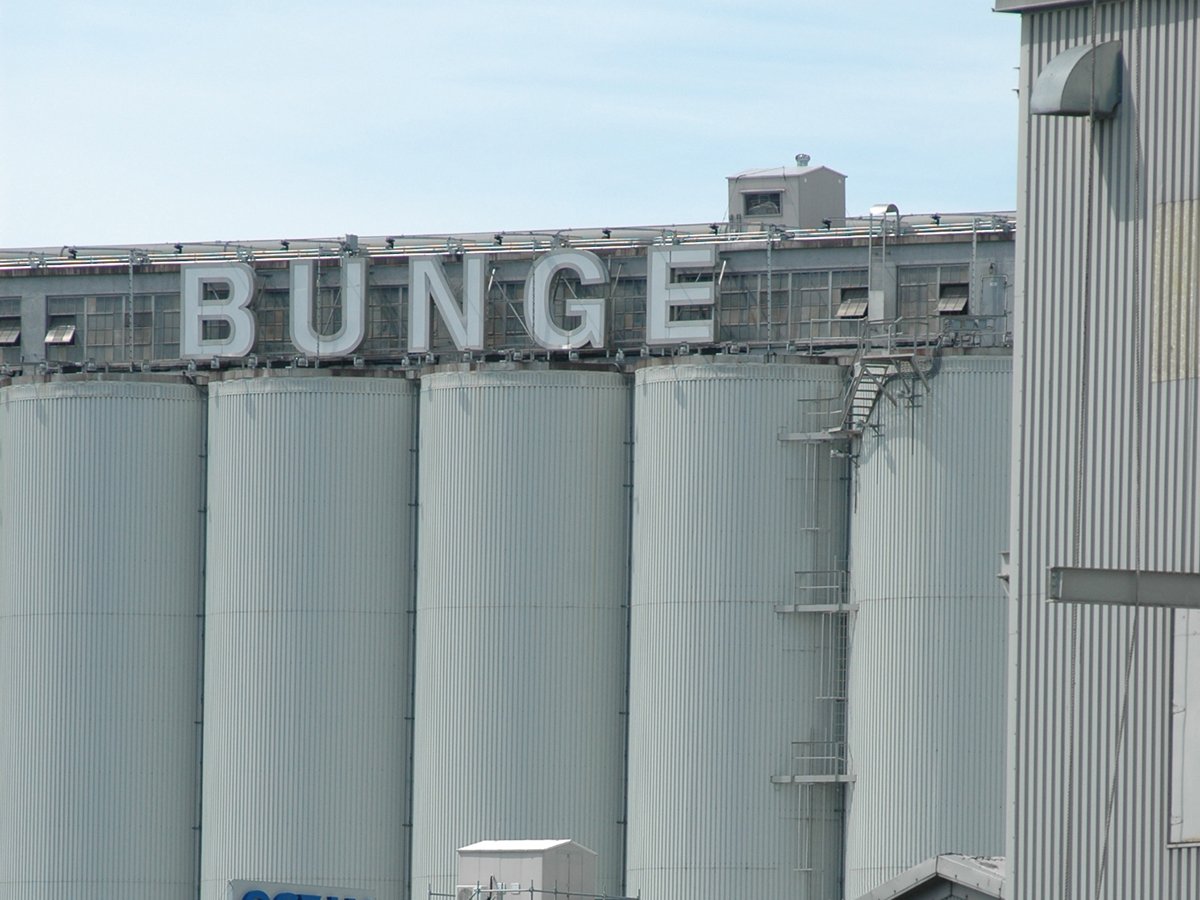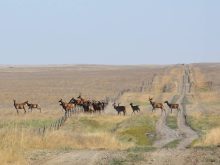The Canadian auto industry says it is not to blame for holding up a free trade deal with South Korea.
Pressure has been increasing on the federal government to resume negotiations with the Asian country now that the United States has ratified a similar deal.
The red meat sector is particularly anxious to see resumption of talks and has pointed the finger at the auto sector for the breakdown in talks.
“We’ve haven’t got back to them because we’ve got some definite resistance from the auto sector in Canada from doing a deal with Korea,” said Canadian Pork Council executive director Martin Rice.
Read Also

Bunge’s crop mix is changing
Bunge has predominantly been a soybean processing firm, but that’s about to change after the merger with Viterra with softseed processing and grain merchandising gaining ground.
But Automotive Parts Manufacturers Association president Steve Rodgers said that’s not the case because the auto industry isn’t taking an extreme position on the issue.
“I would not say (it’s a) hard line,” he said. “There has been a desire to bring attention to the fact that it is of not much value for Canada … from an automotive perspective. It is going to be one-way (trade) with Korea because we don’t have an offsetting opportunity.”
The Canadian Vehicle Manufacturers Association said on its website that a free trade agreement with Korea would eliminate Canada’s 6.1 percent tariff on vehicles made in South Korea. If the tariff is removed, Hyundai and Kia would have a price advantage of $1,500 on an average vehicle sold in Canada, it added.
Rodgers said the trade deal is a complete loss for companies that manufacture vehicles in Ontario and Quebec because Hyundai and Kia don’t have assembly plants in this country.
“From a Canadian perspective, we have very few vehicles that could end up in Korea. So there is no offsetting benefit for us in Canada.”
Rogers said that despite its concerns, the auto industry understands that free trade benefits the Canadian economy. Consumers will have more cash to buy trucks and cars if the economy grows and jobs are created because of a deal with Korea.
A rumour floated around the auto industry in early 2010 that Hyundai would reopen a vehicle assembly plant in Bromont, Que., which it closed in 1995, but Rodgers said that isn’t going to happen.
“That’s an absolutely false rumour,” he said. “Hyundai/Kia has made it very clear that they will not re-open Bromont…. Their next investment, with respect to North America, is likely to be Mexico.”
Vehicle market share
(In Canada, as of Sept. 2011)
•Ford, 19.1 percent
•Chrysler/Jeep, 14.2 percent
•Hyundai/Kia, 13 percent
•General Motors, 12.5 percent
•Toyota, 10.3 percent
•Honda, 8.3 percent
Source: www.goodcarbadcar.net















